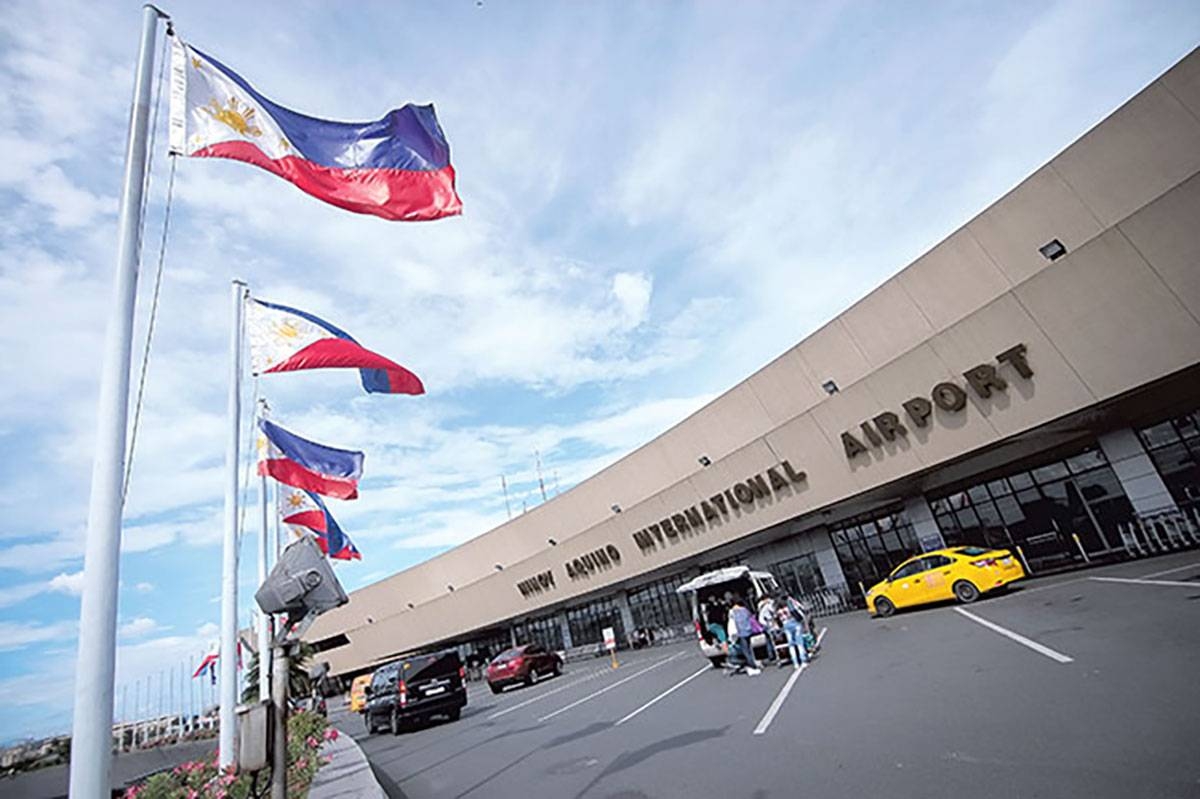In a recent incident at the Ninoy Aquino International Airport (NAIA), immigration authorities successfully thwarted an attempt by a suspected terrorist to enter the Philippines. The vigilant efforts of Immigration Commissioner Norman Tansingco and his team led to the identification and subsequent denial of entry to the individual in question.
According to Commissioner Tansingco, the suspected terrorist, a Belgian national, and his female companion were intercepted at NAIA’s Terminal 3. The immigration officer discovered the Belgian’s name on Interpol’s derogatory list, prompting immediate action. The 31-year-old passenger, whose identity is being withheld for security reasons, was deemed an undesirable alien and denied entry on February 7.
The Belgian national had arrived on an Etihad flight from Abu Dhabi. His female companion, a 27-year-old Belgian woman, was also denied entry for accompanying an excluded alien. This coordinated effort highlights the commitment of Philippine immigration authorities to ensure the safety and security of the country and its citizens.
The suspected terrorist’s presence on Interpol’s diffusion notice suggests alleged involvement in terrorism-related crimes. By identifying and refusing entry to individuals associated with such activities, immigration authorities play a crucial role in maintaining national security.
This incident serves as a reminder of the importance of robust immigration protocols and the need for constant vigilance. The collaboration between local immigration authorities and international organizations like Interpol is instrumental in preventing potential threats from entering the country.
The swift action taken by Commissioner Tansingco and his team demonstrates the effectiveness of the immigration system at NAIA. Their ability to identify individuals on Interpol’s derogatory list showcases the integration of international intelligence databases into immigration processes. Such measures help safeguard the Philippines against potential security risks.
It is worth noting that incidents like these are not unique to the Philippines. Countries worldwide face similar challenges in ensuring the safety of their borders. Cooperation between nations, sharing vital information, and implementing robust security measures are essential in combating transnational threats.
The incident also highlights the importance of international collaboration in addressing global security concerns. The exchange of intelligence and coordination between immigration authorities across borders is critical in identifying and apprehending individuals with suspected links to terrorism.
In conclusion, the recent foiled attempt by a suspected terrorist to enter the Philippines underscores the effectiveness of the country’s immigration authorities. The swift action taken by Commissioner Tansingco and his team in denying entry to the individual, based on his presence on Interpol’s derogatory list, demonstrates their commitment to national security. This incident serves as a reminder of the ongoing need for strong immigration protocols and international collaboration in combating terrorism and ensuring the safety of nations worldwide.
Source: The Manila Times








